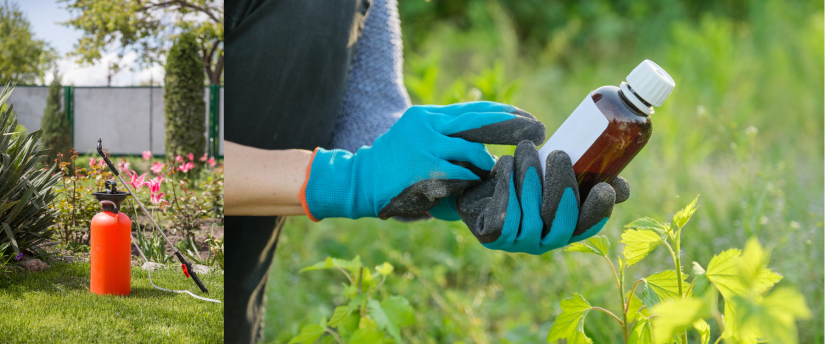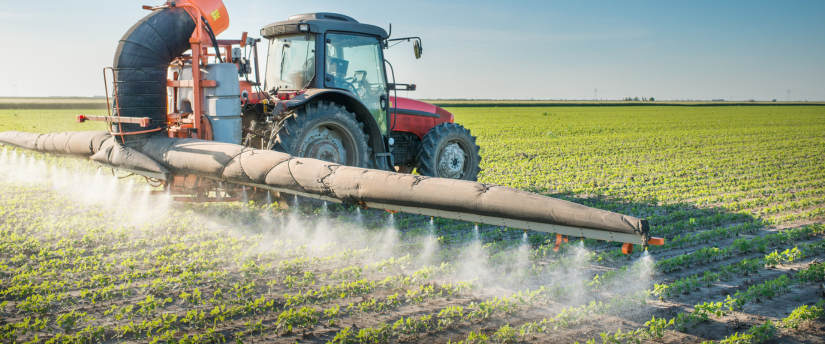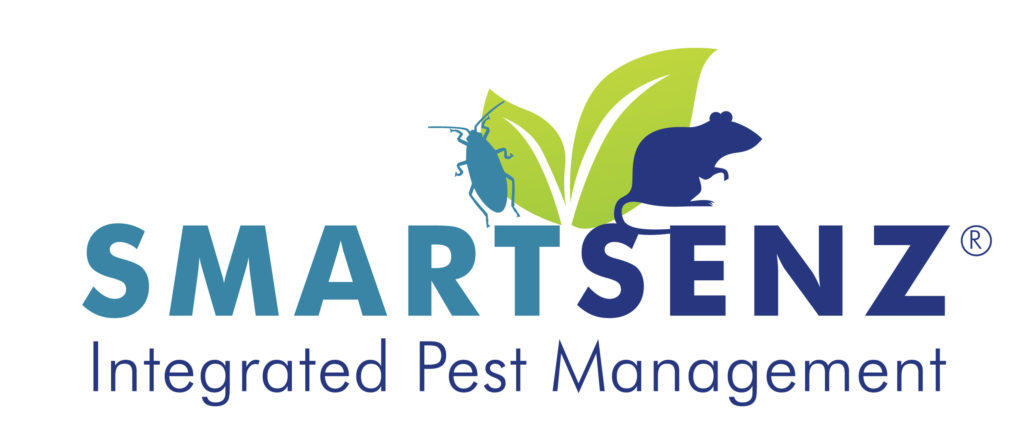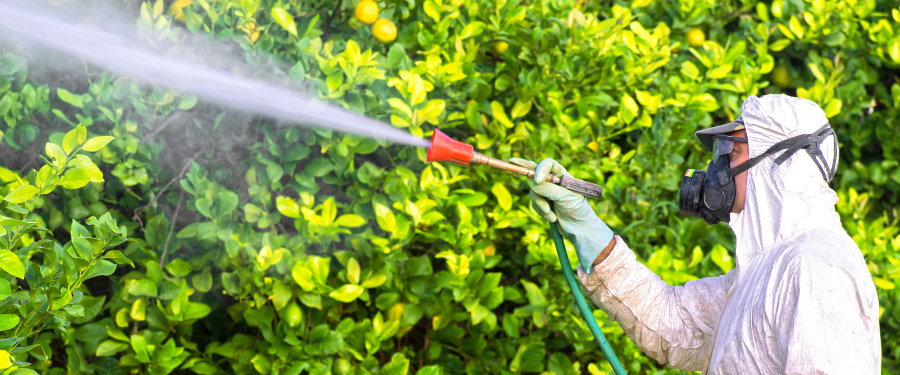Discover the urgent call by UN expert Marcos Orellana to ban hazardous pesticides in South Africa, as he highlights the severe threats they pose to human health and the environment. From shocking revelations about toxic exposures to the potential for eco-conscious pest management, this article uncovers the pressing need for action and a sustainable path forward.

In a recent statement following his 12-day official visit to South Africa, Marcos Orellana, the UN’s special rapporteur on toxics and human rights, issued a powerful call for the immediate prohibition of highly hazardous pesticides in the country (Bega, 2023).
Orellana emphasized the universal nature of human health, asserting that pesticides banned in Europe due to their dangers should not be produced, exported, or imported in South Africa.
The exponential rise in pesticide use in South Africa has raised concerns, largely attributed to the promotion of chemically intensive agriculture under the Fertilizers, Farm Feeds, Agricultural Remedies, and Stock Remedies Act.
The big problem is this:
This legislation’s emphasis on agricultural productivity has occasionally taken precedence over safeguarding human health and the environment. In informal settlements, the absence of sanitation services prompts the misuse of agricultural pesticides meant for crops to combat pest infestations, thereby highlighting the consequences of this approach.
Productivity has sometimes overshadowed the protection of human health.
Throughout his visit, Orellana found himself profoundly affected by the stories shared by female farm workers. These women detailed ongoing exposure to dangerous pesticides and recounted the absence of protective protocols during pesticide application. Consequently, they experienced significant health repercussions, with instances of fatalities occurring within their communities. These accounts offer a stark portrayal of the imbalances and inadequate precautions set by those in decision-making roles.

Furthermore, he brought attention to the existence of double standards by pointing out that Europe continues to produce certain pesticides banned in the European Union. Afterward, they export these pesticides to developing countries like South Africa.
Despite these challenges, Orellana expressed optimism – As he prepares to present his report to the South African Human Rights Council, his insights serve as a rallying cry for immediate action.
By banning hazardous pesticides, addressing the toxic aftermath of mining, and embracing cleaner energy alternatives, South Africa has a unique opportunity to align economic development with environmental sustainability and public health.
Ultimately, Orellana’s message underscores the importance of forging a future where human rights are upheld, and the environment is preserved for generations to come.
A call for action:
Businesses now have a crucial chance to invest in eco-friendly pest management. Embracing sustainable practices aligns with global environmental goals, safeguards public health, and enhances a company’s responsible image.
These methods contribute to biodiversity preservation, reduce chemical usage, and offer long-term cost savings. Moreover, they align with corporate social responsibility efforts, attracting ethical consumers and boosting loyalty. It’s a pivotal time for businesses to lead in eco-conscious pest control and responsible practices.
By adopting eco-conscious pest management strategies, businesses can play a pivotal role in curbing the use of hazardous pesticides, contributing to a healthier ecosystem, and safeguarding the well-being of communities.
Are you ready to make the next eco-conscious decision for your business?
If you want to take the first step in becoming more eco-conscious in your business, or find out more about eco-conscious pest management, click here to contact us and get an obligation-free site survey for your home or business.





